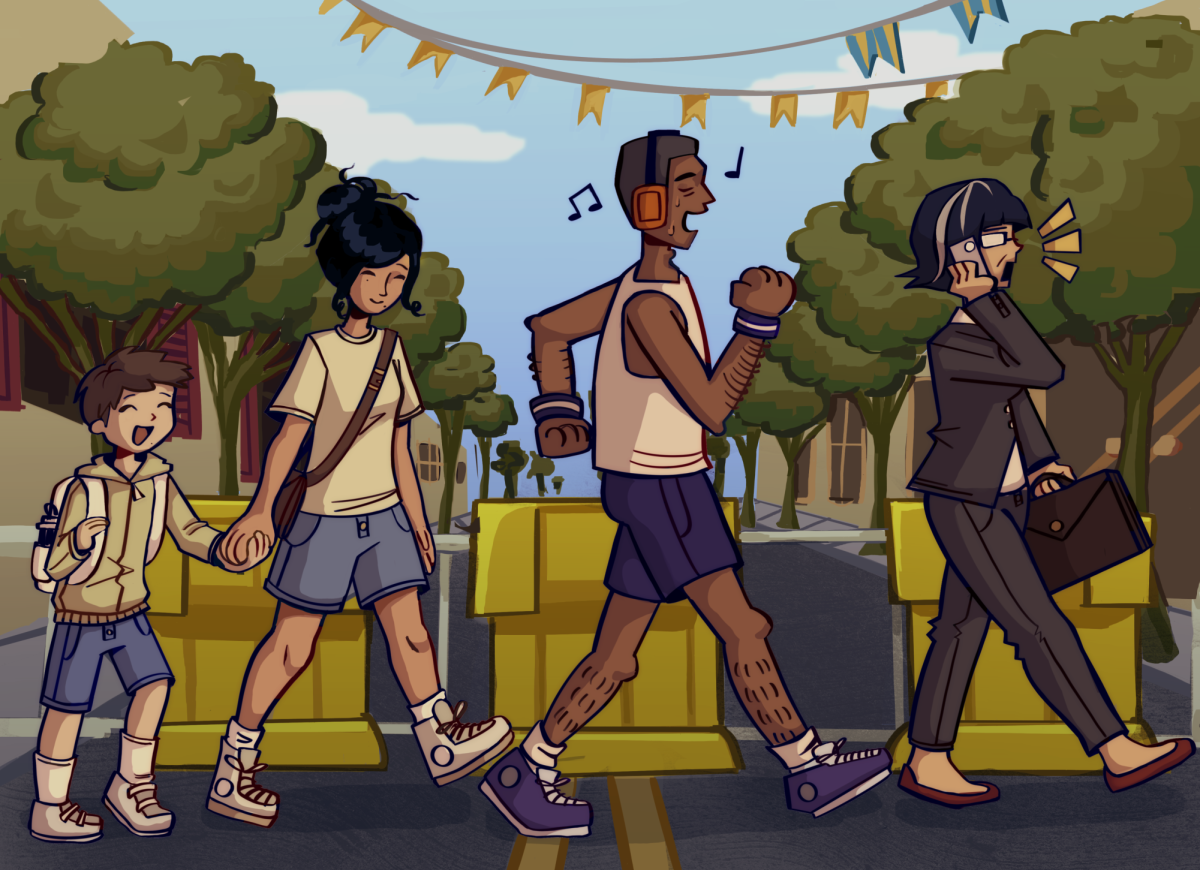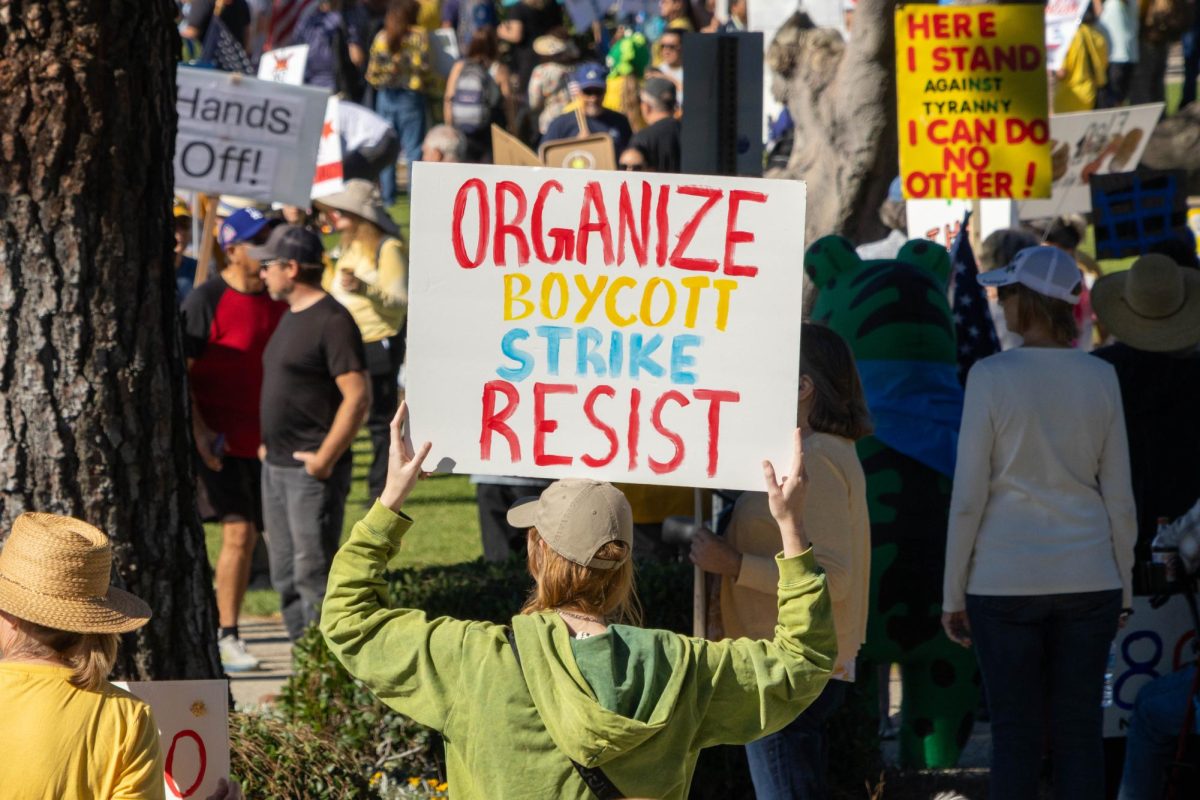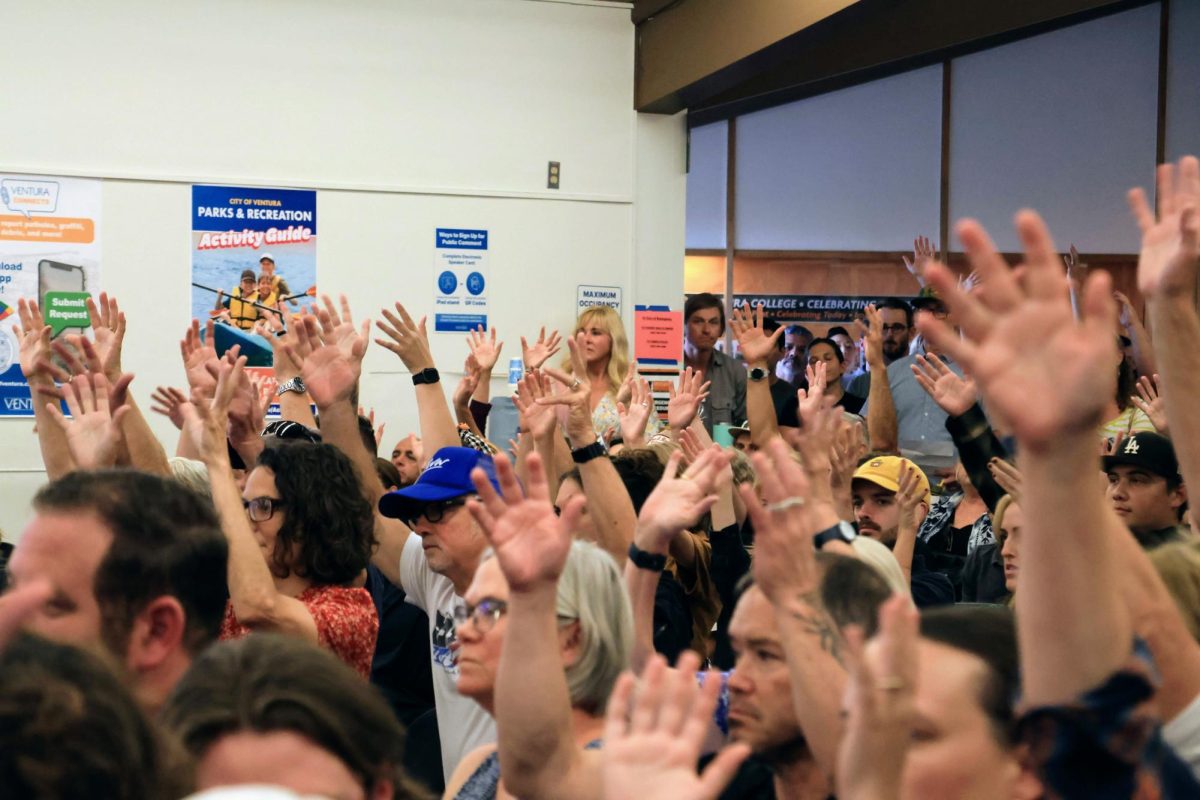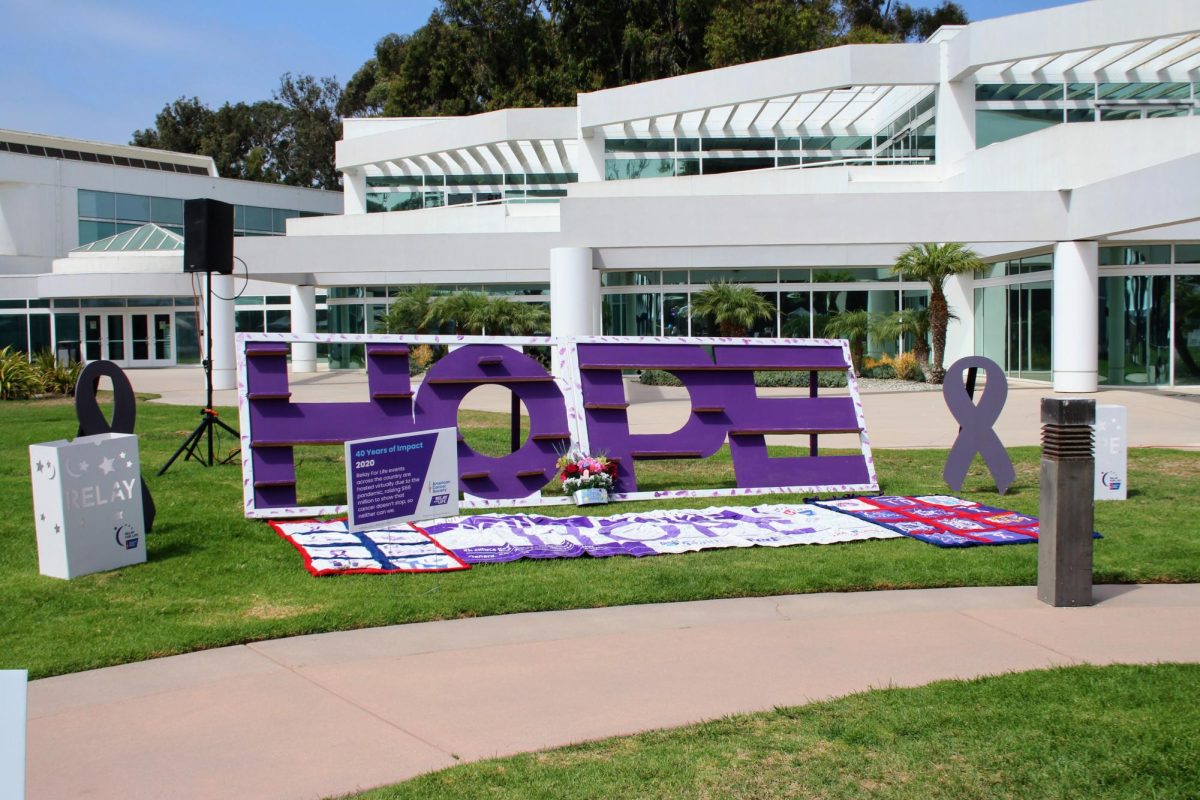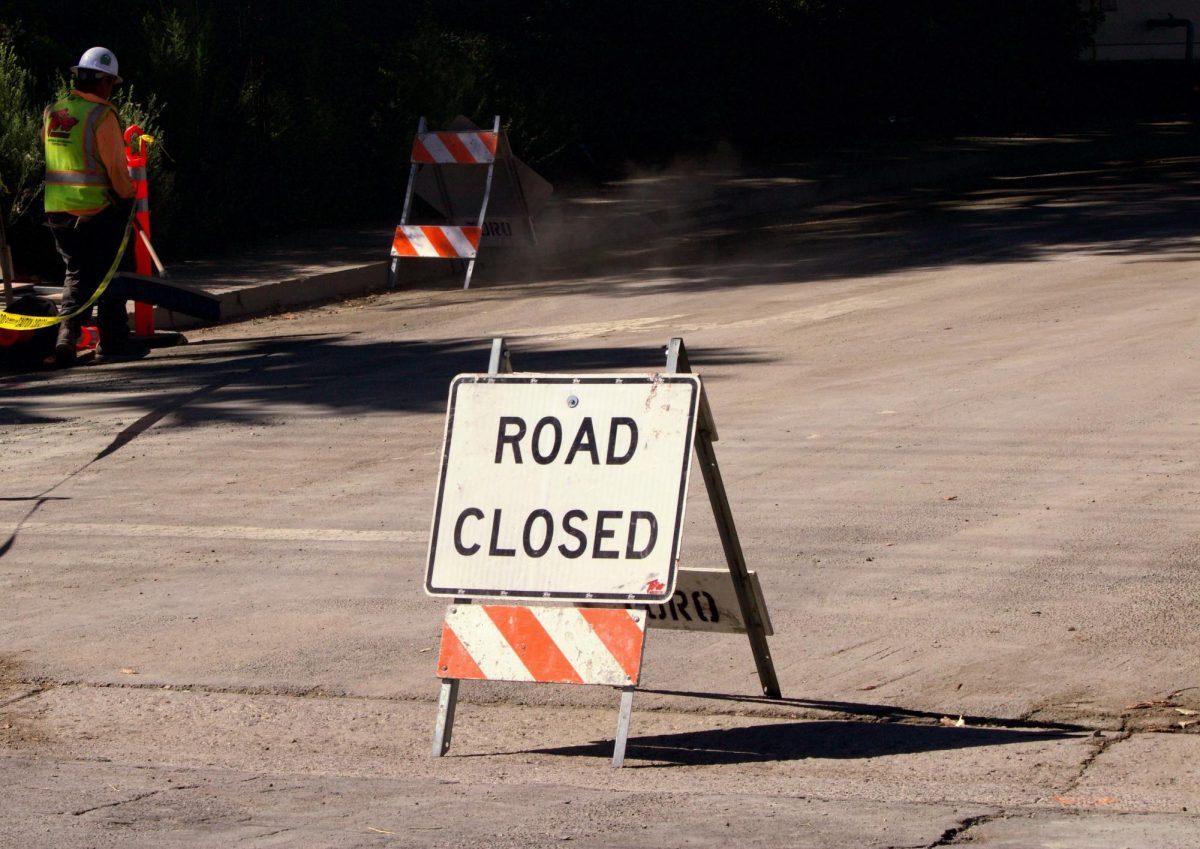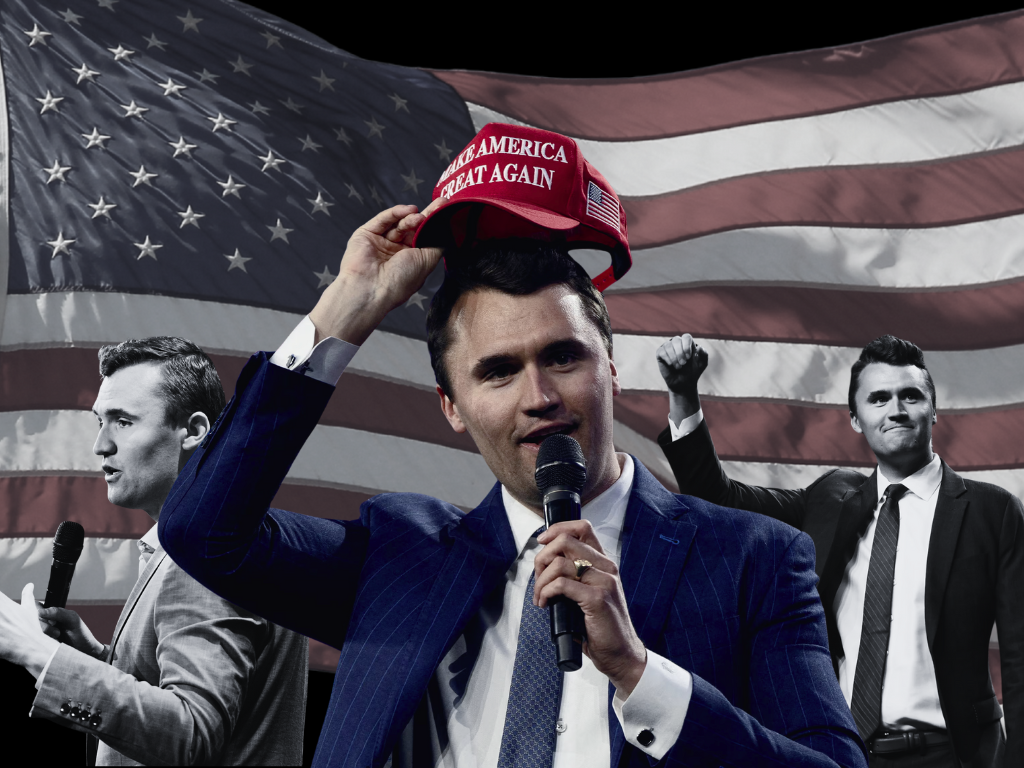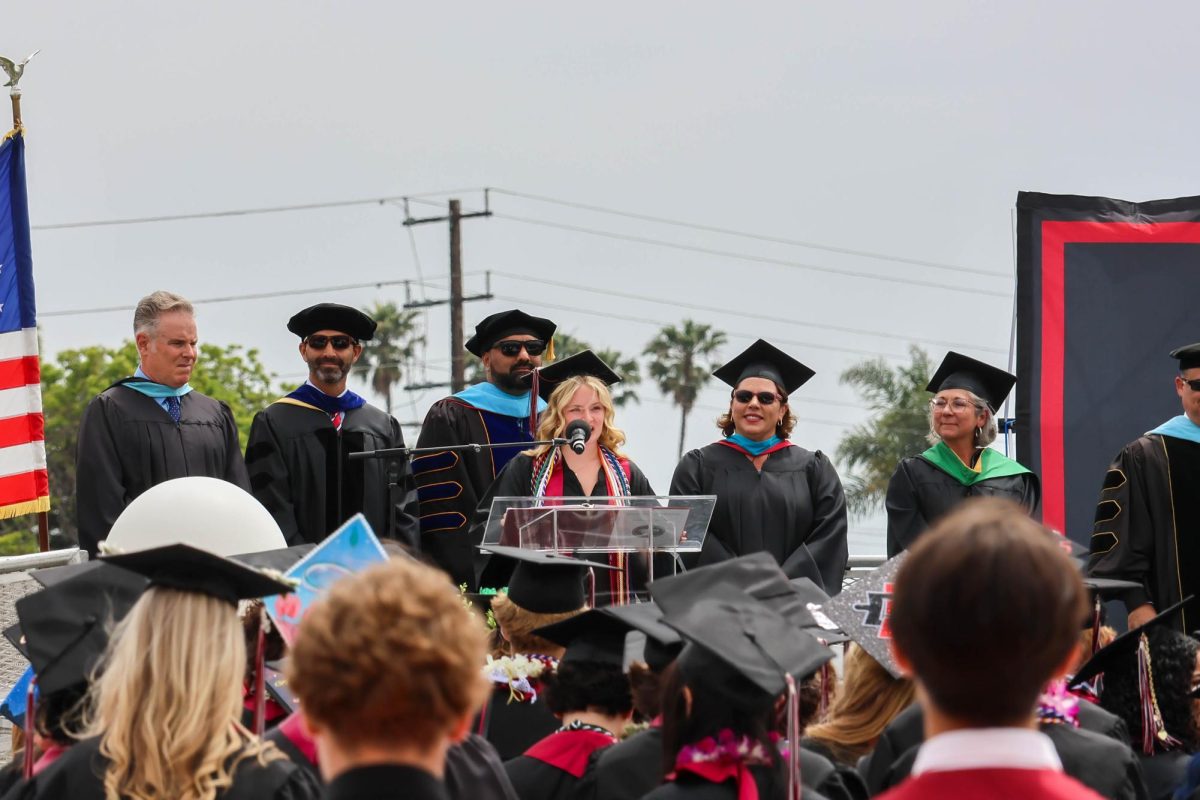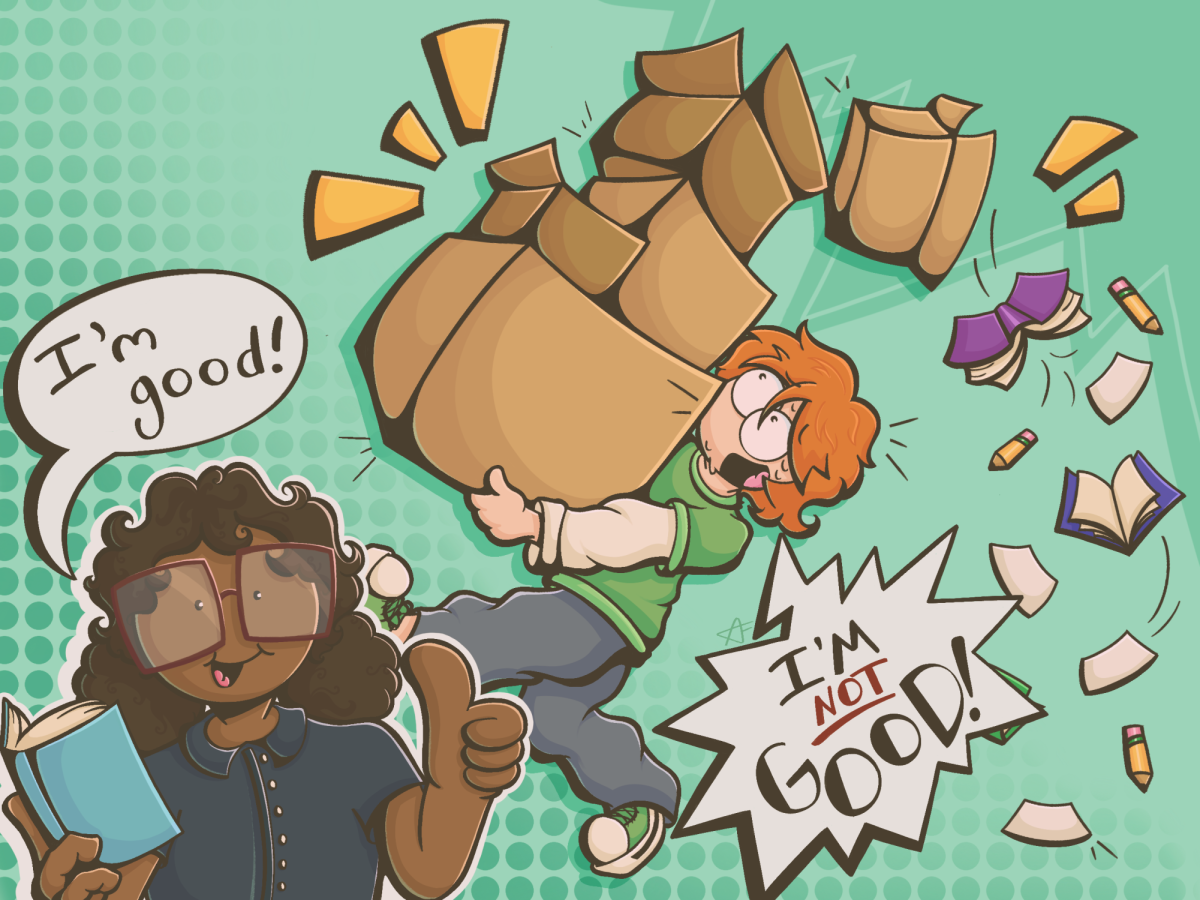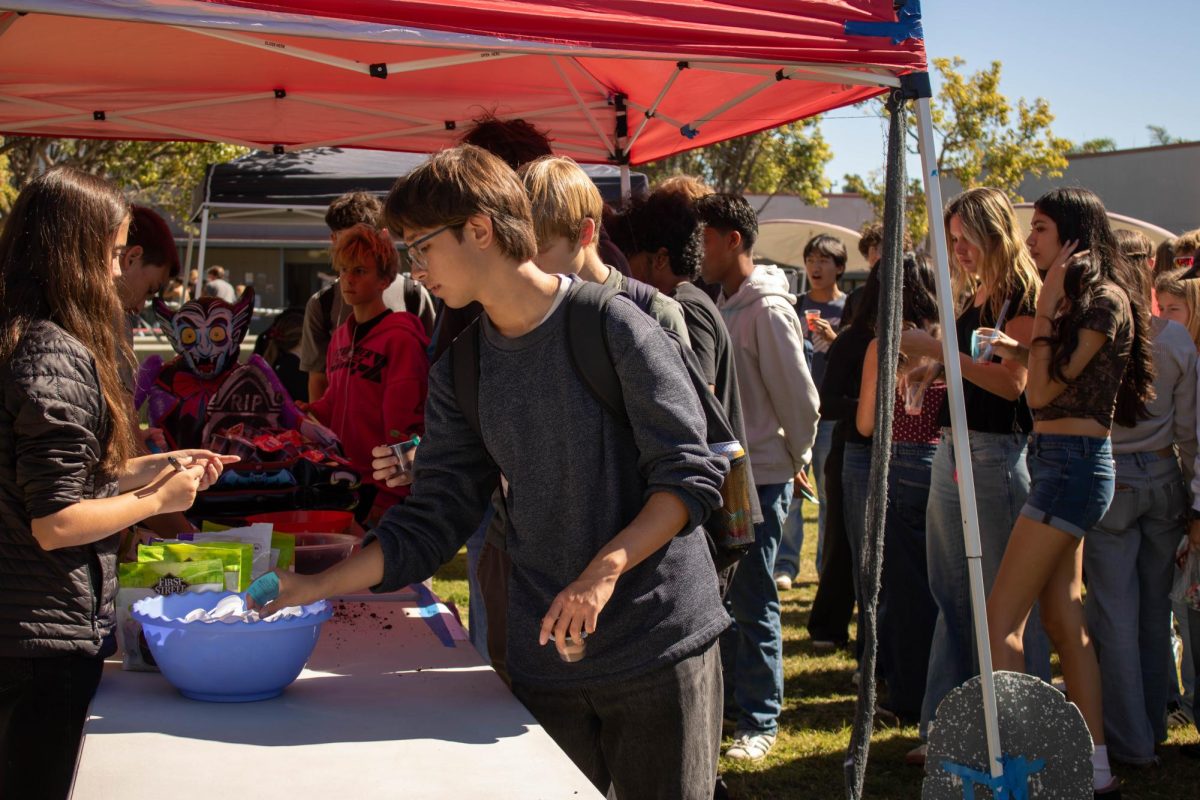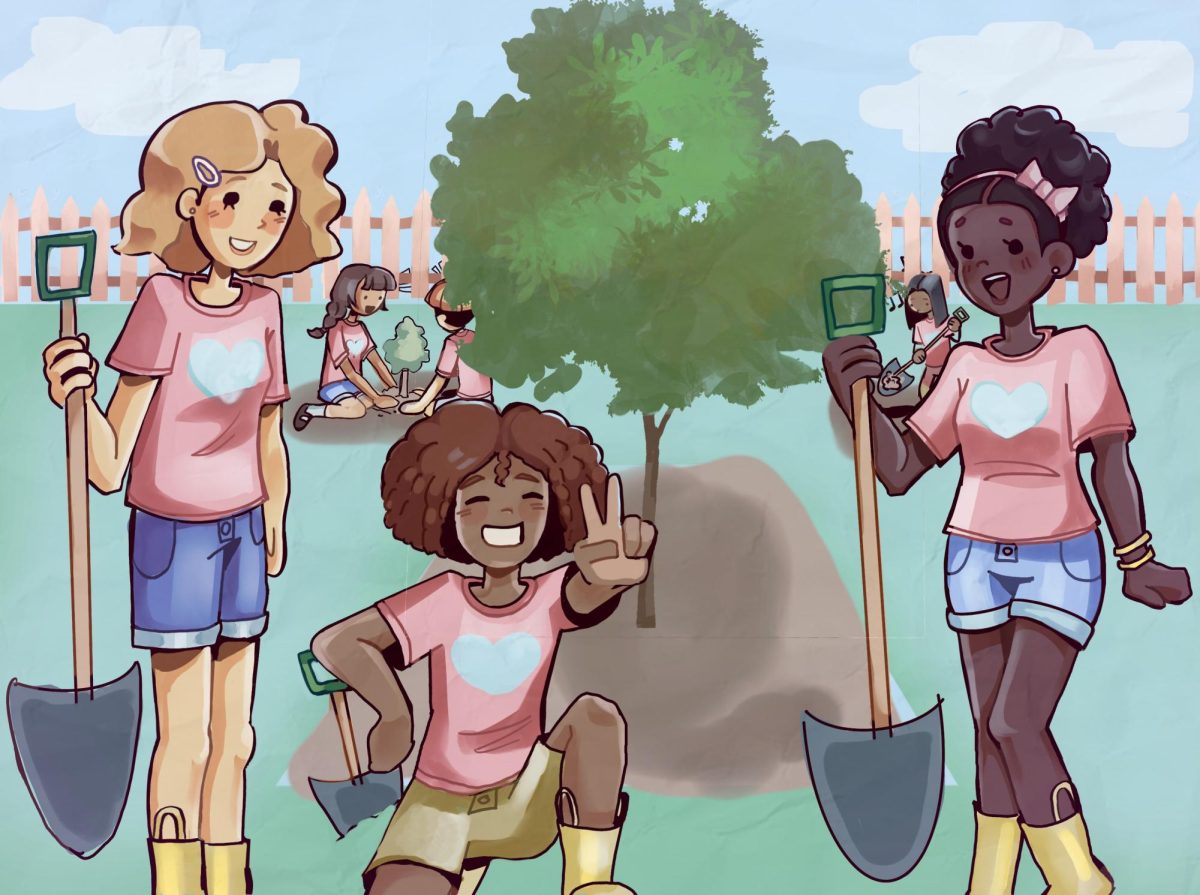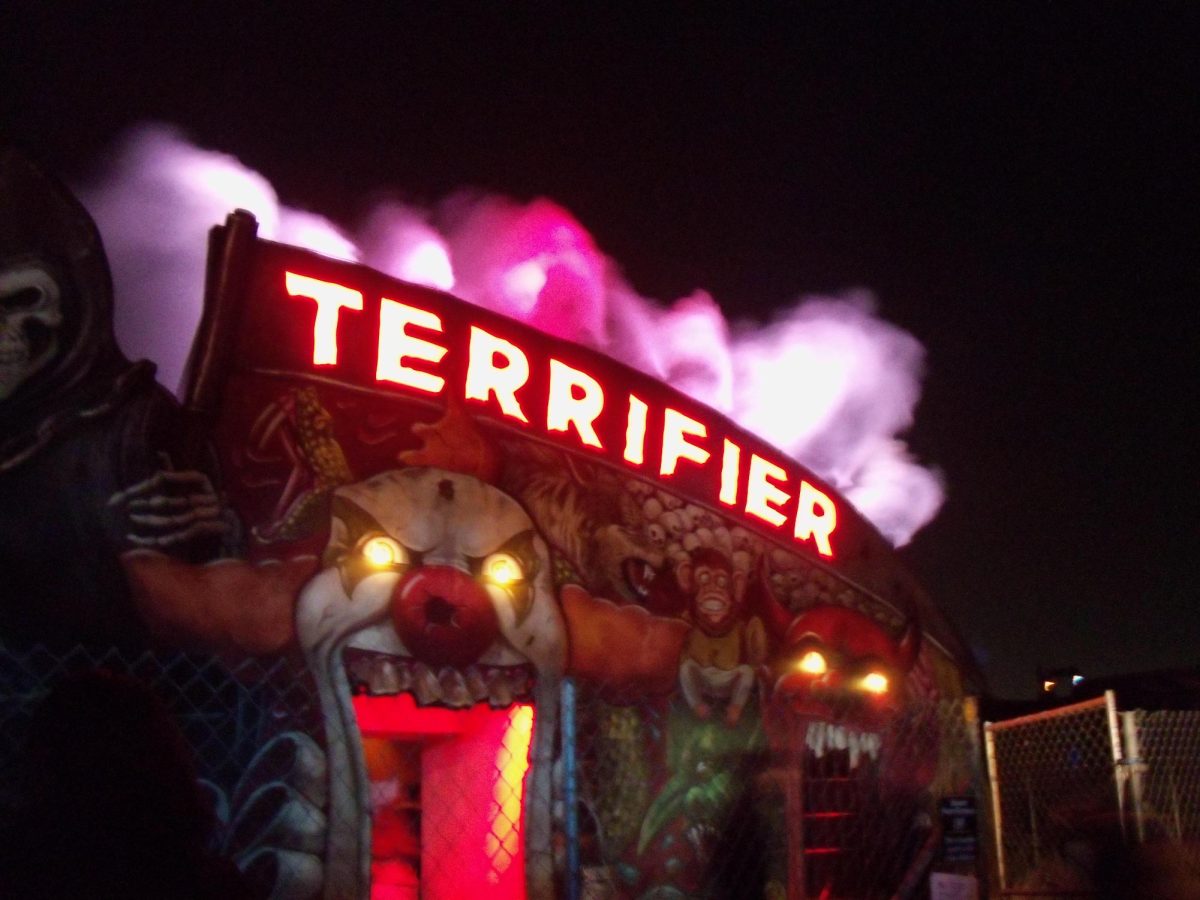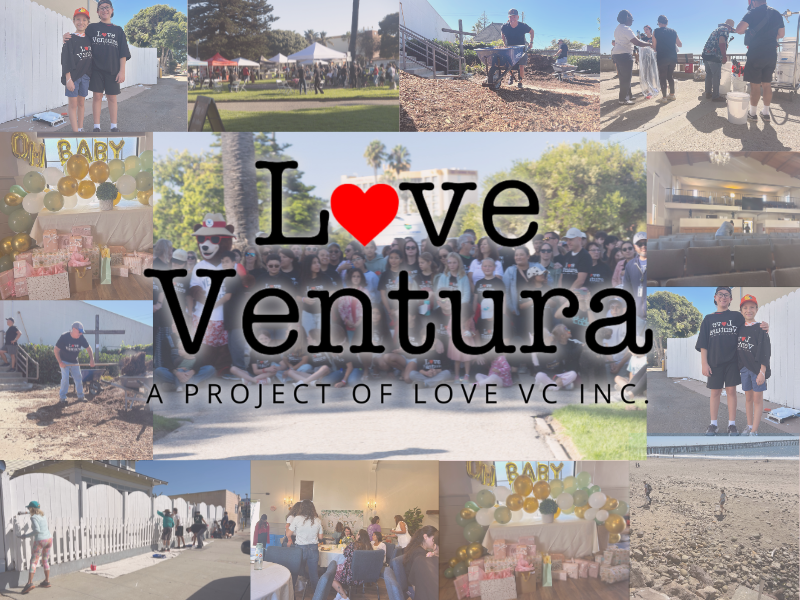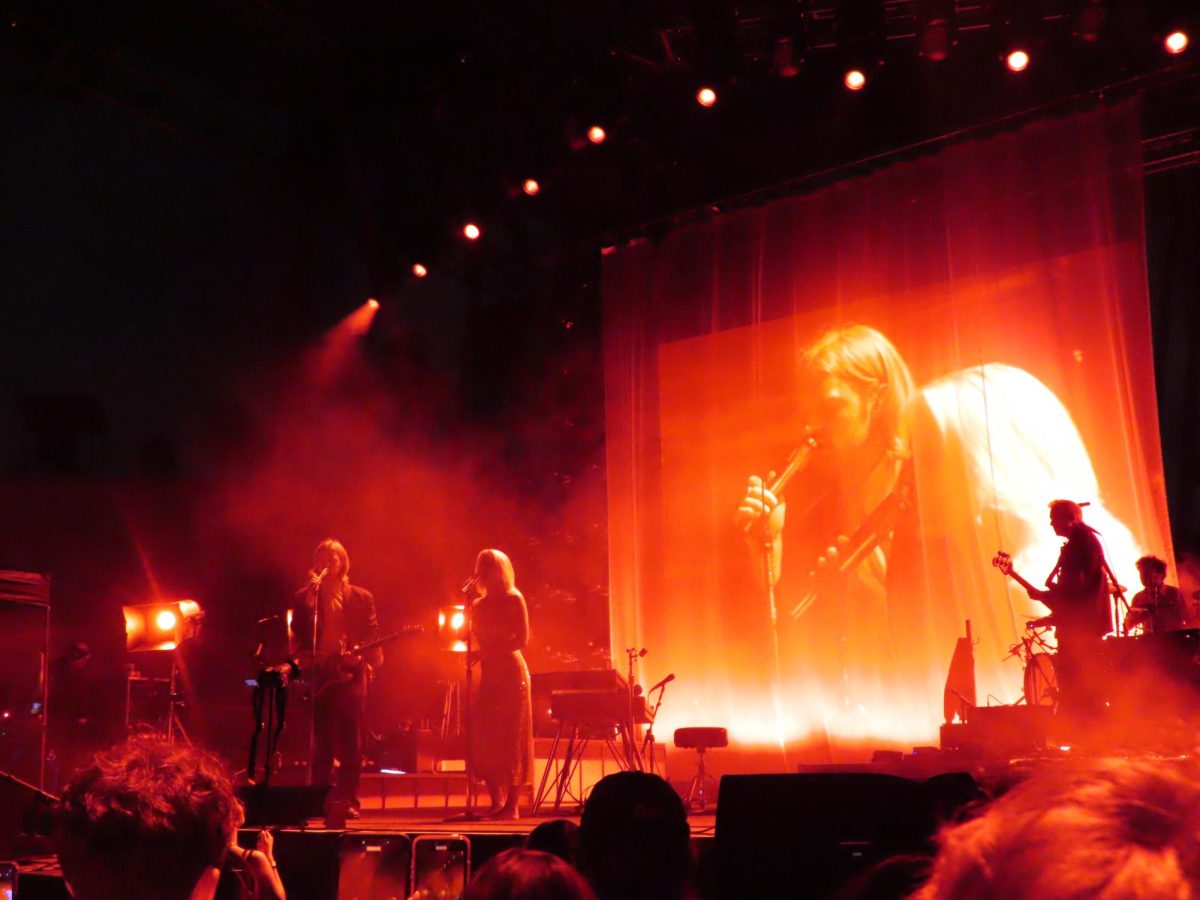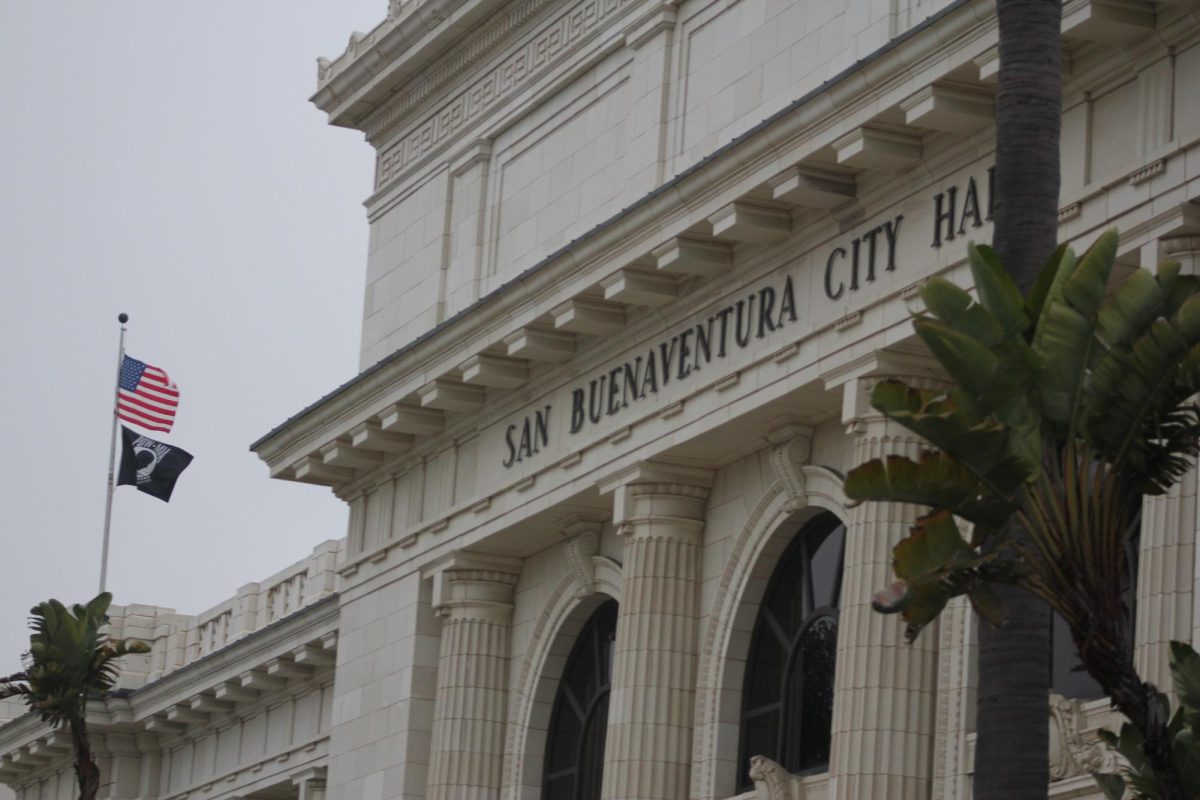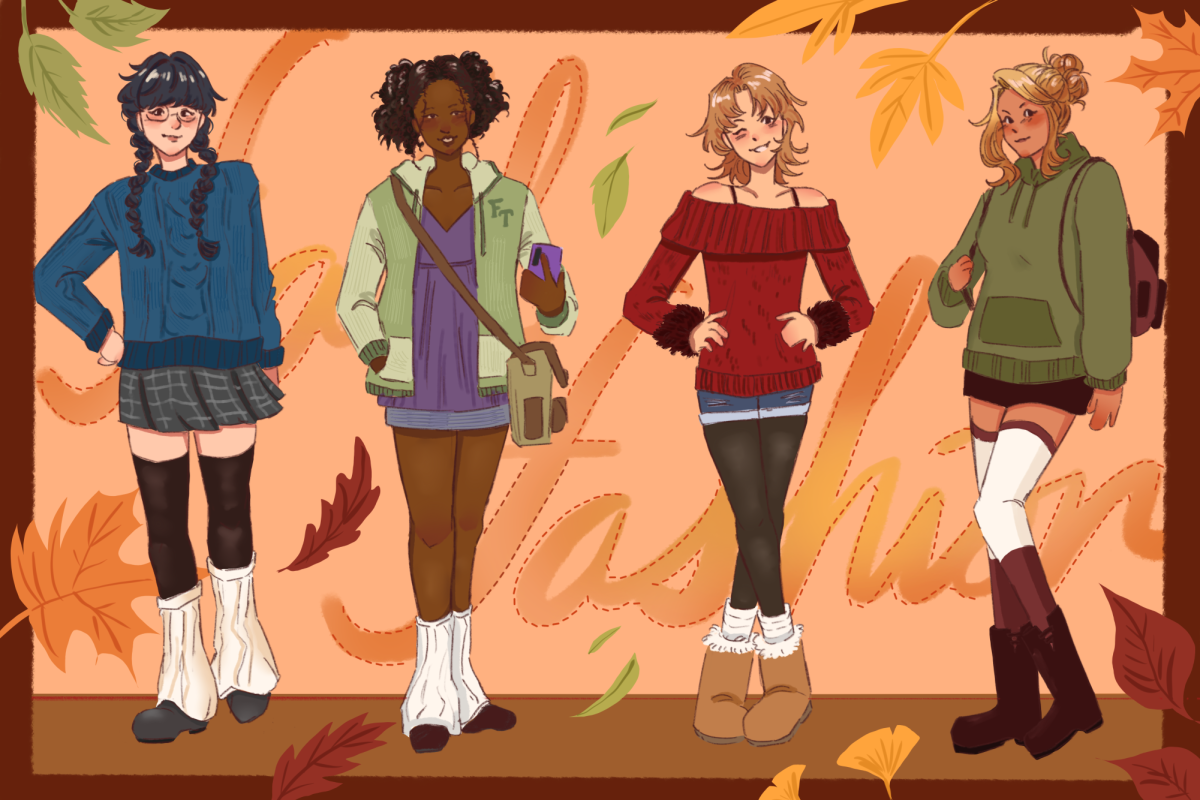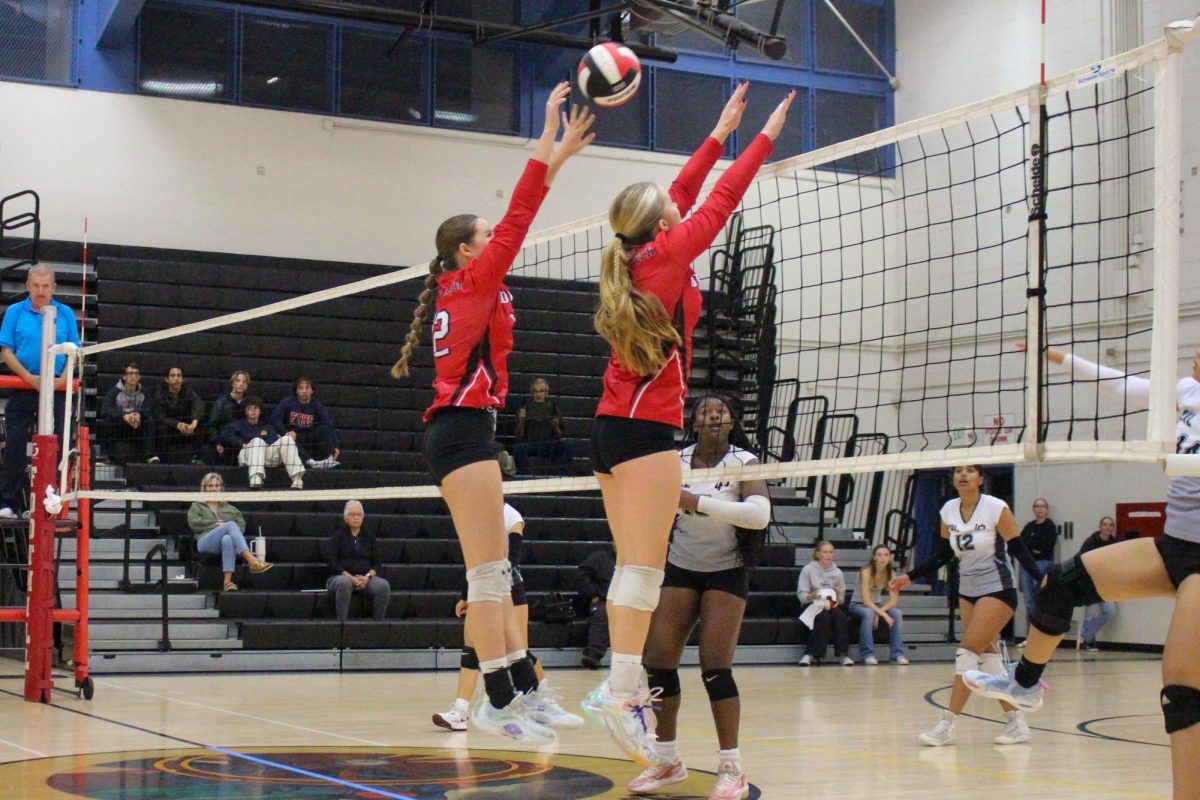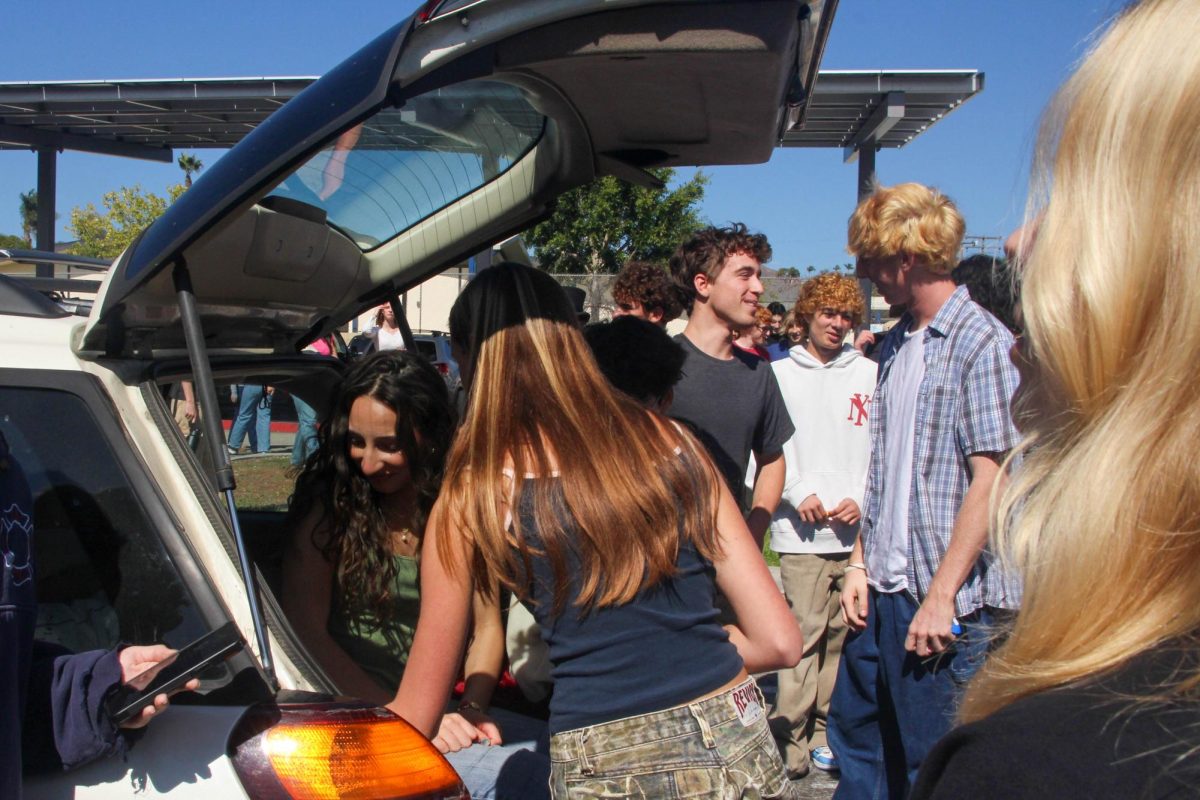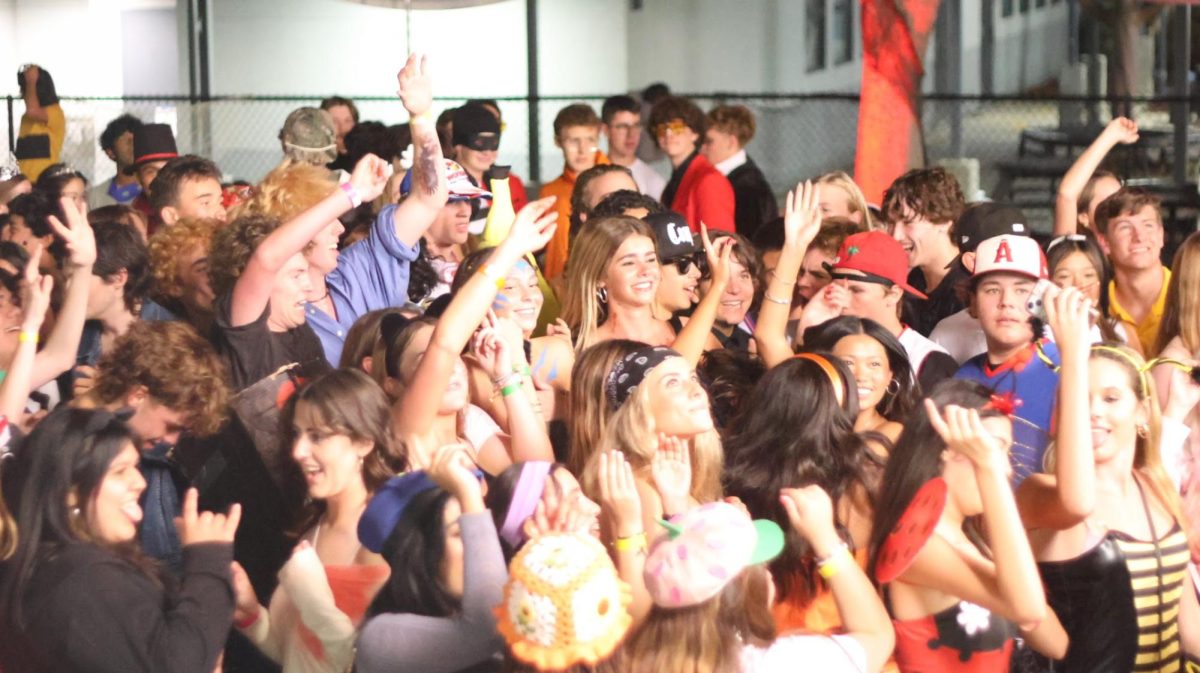This article serves as a follow-up; some terms and ideas discussed here can be explained in the previous installment of the series. If you are not familiar with Main Street Moves and its nuances, make sure to click the link in the last sentence.
Downtown Ventura is an important space for the community to socialize with other ‘Venturans’ and patronize local storefronts and restaurants. The question of whether this space can thrive open or closed to cars is a heated debate in Ventura’s local politics today, reflecting how deeply the city’s community cares about the historical street and its future.
Since the street was closed to vehicles five years ago, various individuals, groups and businesses have made their voices heard concerning the issue. “We can’t really make a decision until we have all the information,” Liz Campos said, the District One Ventura City Council member. She explained that it’s important to hear what everyone has to say and to consider all the data presented, especially when it comes to a highly anticipated issue such as this one.
What do community individuals think?
One influential voice advocating for their stance on the issue is Venturans for People Oriented Places (Ventura POP), a local organization that has been working closely with the city to solidify the pedestrian mall downtown. Nick Herson, a member of Ventura POP, said that they “consider Main Street Moves to be an essential third space,” somewhere that’s “not the place that you live, not the place that you work, but some third place you can go to socialize.” Herson explained that these spaces are important for communities, stating, “It’s a place where people want to go … in a way that you can’t get with a park … like a city square.” An example of this would be the weekly farmers market or the rentable stage on California Street
Spencer Noren, the face of Ventura Forward, a group advocating for municipal action in Ventura, agrees with Herson in this respect. “Having community space to gather is what all communities want,” Noren said. “The negative is [the disruption to] businesses and business plans.” Noren explained that some businesses, mainly retail stores, have had trouble with accessibility due to the closure of Main Street to cars. “Certain businesses needed cars to stop and go,” Noren said.
In contrast, Herson said that Ventura POP has researched the effect of pedestrian-centered streets on business and “[they] believe that the street being car-free is not only in the people’s best interest, but also for the businesses as well.”
What do business owners think?
Folke, a retail and furniture store located on Main Street, has been open since 2019. Courtney Kittner, a co-owner of the store, expressed her view on the closed Main Street: “It hasn’t per se hurt our business, but it hasn’t helped,” Kittner said. She explained that cars coming down the street increased the amount of visibility for their store.
Kittner added to her criticism, saying that “everything looks temporary after all these years, it looks run down.” She also suggested the potential rise of crime and homelessness due to the closing of Main Street. “If the street were open, there would probably be less of that going on because there would be more chance of them being seen,” she said in reflection.
On the contrary, Liz Campos claimed that “crime has been flat since COVID-19 started.”
Meanwhile, Tina Thayer, co-owner of the restaurant, cheese counter and wine shop Paradise Pantry, said that they “didn’t have a lot of walk-in business” before the closure. “Before, you would come here because you knew you were coming here,” Thayer said. Paradise Pantry has been on Main Street since 2013, and while Thayer described Main Street Moves as “not the greatest iteration of what it could be,” she praised the closure for its attraction of crowds, saying that “people love it, I’ve never seen so many people of all ages coming downtown.”
What do property owners think?
“The uncertainty has been the biggest issue,” Noren said. He added that vacancies have been difficult to fill because prospective businesses don’t want to invest in downtown. Property owners then attributed this hesitancy to Main Street Moves, motivating them to sign the objection.
Kittner agreed, stating, “It’s been difficult for them to get those properties filled.”
Herson, however, mentioned a recent Instagram post focused on vacancy, where they “actually walked down the street and counted.” According to Herson, the number of vacant storefronts in Downtown is “pretty much in line with the rest of the city.”
What happens next?
“[For the] people who say they don’t come downtown anymore because the streets [are] closed, I’d like to know how many times they were coming downtown before and how many times they think they’ll come down in the future,” Thayer said. She elaborated, saying, “[The regulars] are the people whose opinion I think matters … They’re supporting what is here, and if they want it to be closed, it’s ultimately what we should do.”
While this sentiment is valid, it’s necessary to consider the other side. Noren believes that a hybrid model will give us “a chance to appease the whole community if done correctly.” This compromise would involve having the street open and closed to vehicles at different times during the week.
This article has not covered every opinion and voice surrounding Main Street Moves, and there are still more factors to consider regarding this topic. If you would like to hear the City Council make its decision on Sept. 16, 2025, make sure to be at the City Council meeting at 5 p.m.


